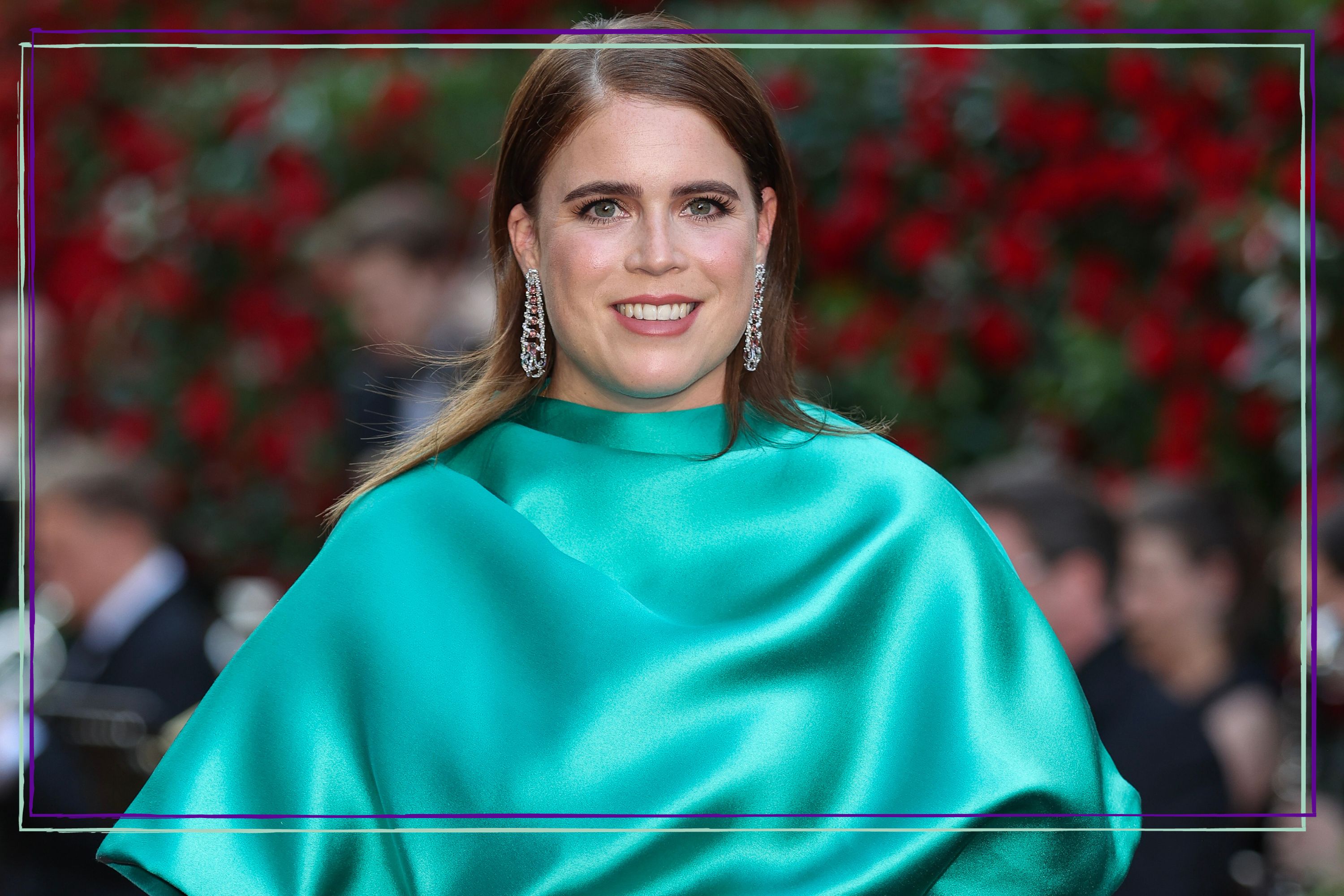
To celebrate her son's third birthday, Princess Eugenie took to Instagram to share a sweet message with him but did you notice the brilliant parenting trick hidden in her words?
August Brooksbank, Princess Eugenie and her husband Jack Brooksbank's eldest child who sits 12th in the royal line of succession, turned three earlier this week on 9 February, with his mum marking the occasion with a series of sweet photos that have never been seen before.
Sharing the images to Instagram, we got to see some snaps of Eugenie snuggled up with her oldest son in big coats and hats, as well as one with her holding both August and his baby brother Ernest, neither of whom have royal titles, in her arms.
While the images are adorable and we love peeking behind the iron curtain to get a view of the family's life, it wasn't the pictures that really caught our attention. It was actually the caption that stood out to us the most for the very important parenting trick it showed Eugenie is clearly a fan of.
Eugenie captioned the birthday post with the sweet words, "Happy 3rd Birthday to our dearest Augie. Forever a force of nature and forever giggling with you."
Did you notice it? The attributes Eugenie chose to highlight about her son, his being a 'force of nature' and having a comedic temperament, are what we call non-physical compliments, or compliments that praise a child's inherent attributes, such as their personality and their willingness to try.
These types of compliments have been proven to better improve a child’s self-esteem as they grow up when compared to their counterparts, physical compliments, which praise a child's outward appearance or their successes.
In a study published in the Journal of Experimental Psychology, researchers found that kids who are praised for their success or outward appearance, rather than their inherent traits or the effort they put in to succeed, are more likely to suffer from low self-esteem when they grow up because, as lead researcher Eddie Brummelman explained, they grow up to think they "are valued as a person only when they succeed. When children subsequently fail, they may infer they are unworthy.”
The evidence suggests that physical compliments can lead a child to base their sense of self worth and value on their physical characteristics, often leading them to develop body confidence issues when they reach adulthood.
So, like Eugenie, when your child's birthday comes around or they've done something particularly exciting and compliment-worthy, let's focus on highlighting their inherent traits.
For more parenting tips and tricks, keep up to date with our family news like telling your kids white lies to spare their feelings could backfire, according to science and asking your kid this question could do wonders for their self-esteem – here’s why.







